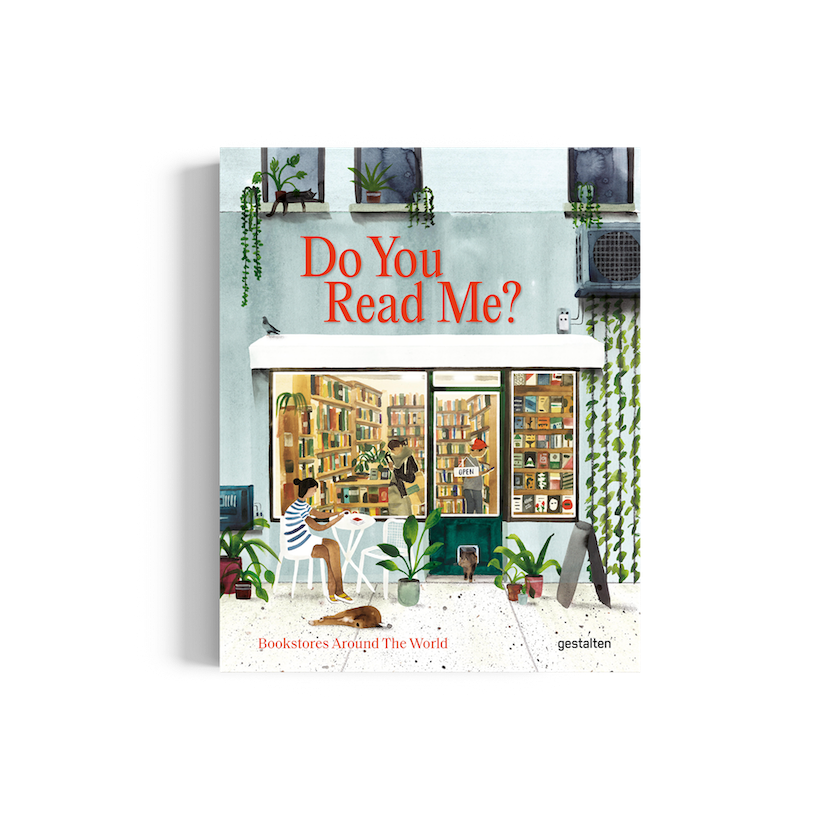Your Cart is Empty
Buy a book, plant a tree.
The world of print media is experiencing a resurgence as people continue to distance themselves from digital domains. Books and bookstores represent the physical objects missing in modern societies, amassing now cult-like statures

The turn of the millennium ushered in a digital-first revolution that transformed how humankind consumes literature, content, and information. “Print is dead” was a term that ran riot throughout print media, signaling the end of nostalgic vinyl collections and treasured books passed through the generations as we switched to a “go digital” society. There’s no doubt that the world changed, but the digital era hasn’t materialized as widely predicted. A modern resurgence in print media has instead created a cult-like following, we explore this reversal.
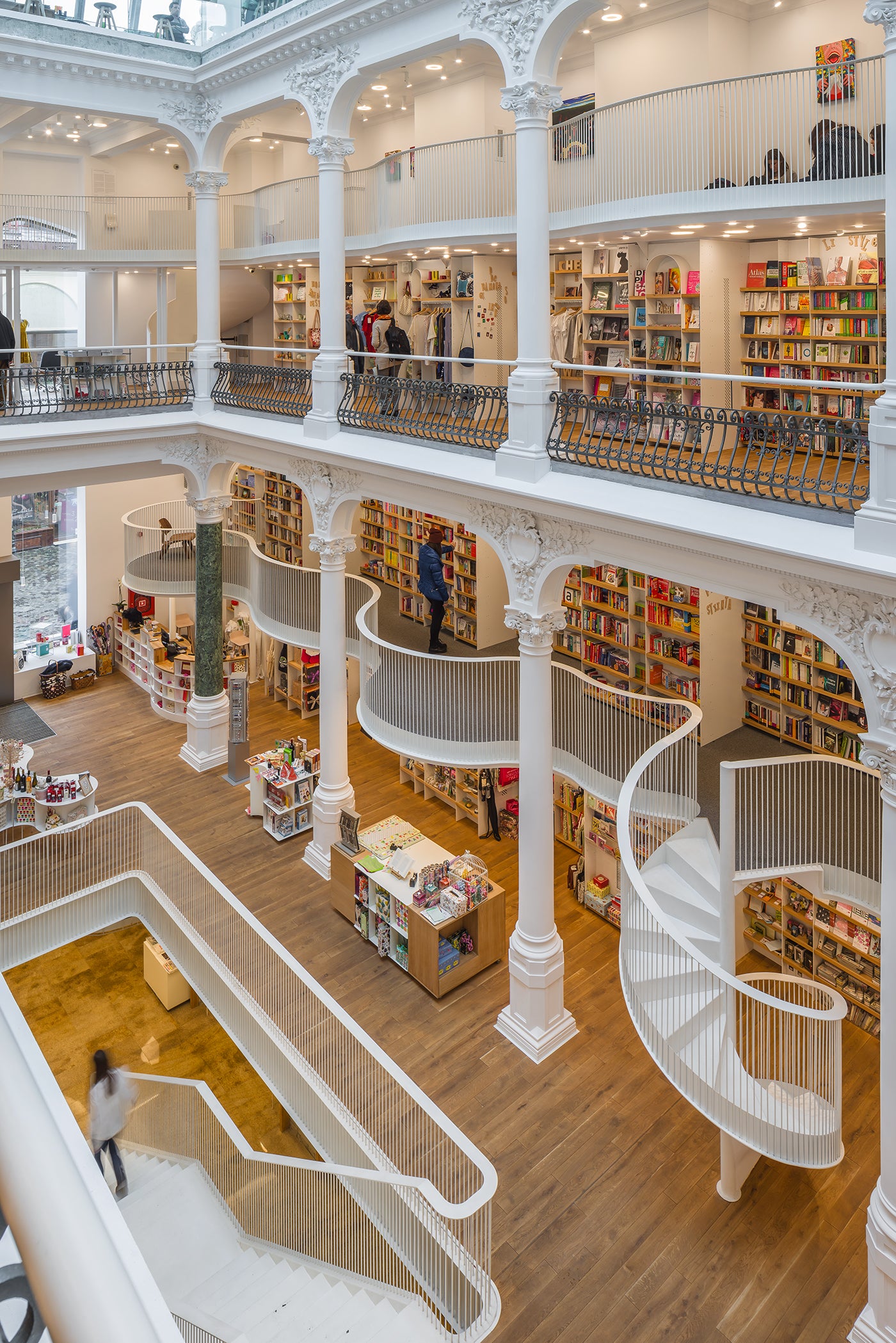
The landscape of print media has undergone unprecedented changes this past decade. The most evident transformation is in newspapers, who are no longer the cornerstone of marketing. The digitalization of news and social media has changed how the vast majority consume news, culture, and information. Digital dominance was proselytizing for many, but not all were converted. A niche vacuum for something more human and physical was created for those wanting a different experience. This brought a resurgence in print, vinyl, and other analog forms.
"Many people think of the discrepancy between digital and analog as a pendulum that swings back and forth. I think of it as force and counterforce," explains Robert Klanten, publisher and CEO of gestalten. Music is the best counterexample to digital, he explains, "Spotify popped up, offering music almost for free, and yet people still flock to concerts and buy vinyl records. Why? Because it is a different and valuable way of participation. In the same way, there is still a close connection to experiences, smells, and atmosphere. We are trying to satisfy this interest with analog media."
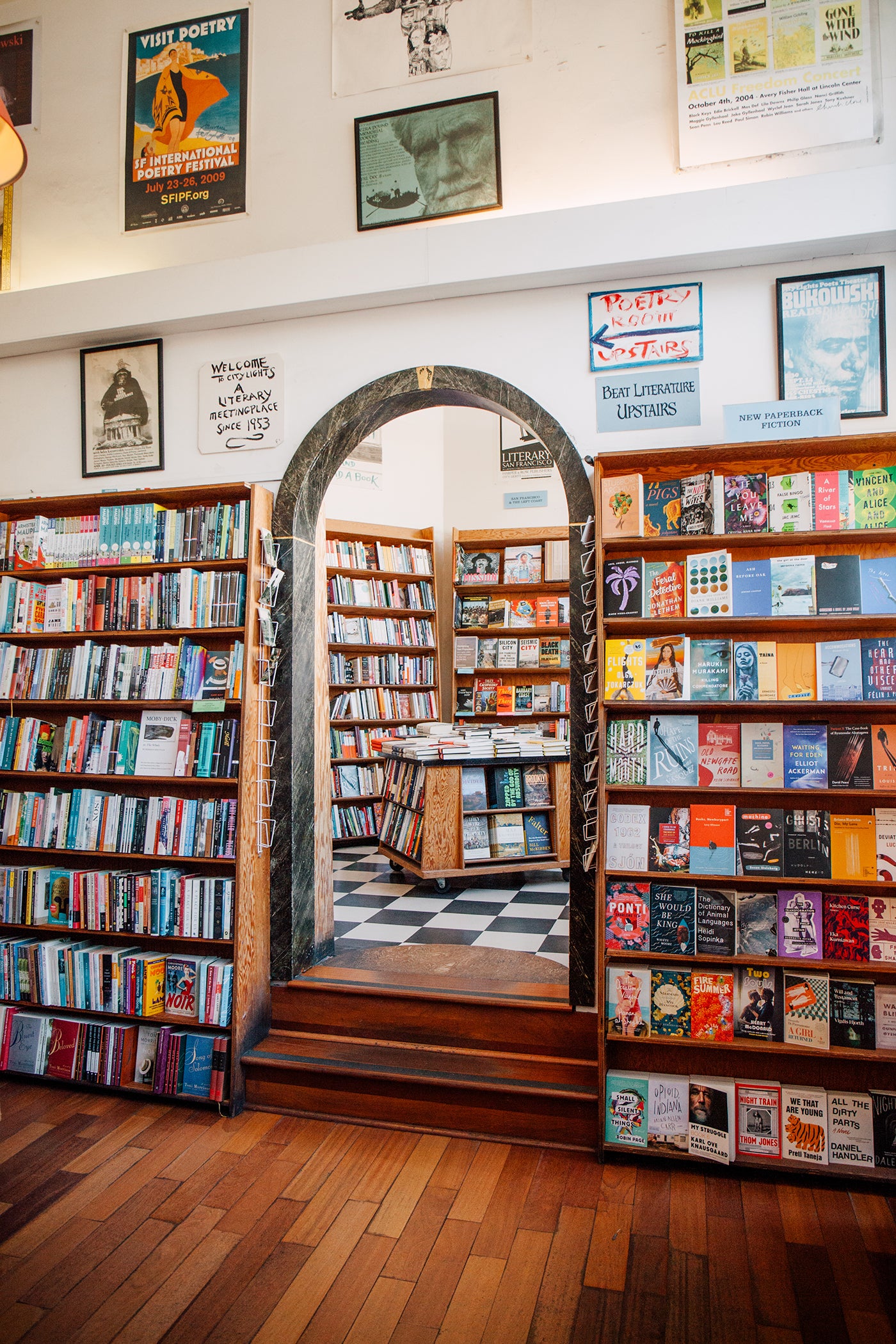
This cult-like movement isn’t only being propelled by an older generation refusing to adopt digital, Millennials and Gen Z-ers are also connecting with print media as it offers a different creative expression to the fast-paced technology industry. "Young people are looking for more substance and content. Something that gives strength and support. Books are the perfect solution for this," explains Klanten.
In 2013, Hamburg-based mairisch Verlag created 'Indiebookday' to celebrate independent publishing and encourage readers to support local bookstores. A similar format to Record Store Day, which was created in America five years prior to toast the vinyl community and promote independent record stores. Many small publishers, independent of corporations, and also bookstores in Germany, the Netherlands, Italy, and Brazil celebrate the day. Today, this will be more of a digital celebration of your favorite stores instead of a physical show of support.
The number of independent bookstores in the United States recently rose for the first time in 20 years following a decline after conglomerates like Amazon rewrote the rules of the book business. Last year the German book market was reported to have grown for the first time since 2012, 29.9 million people older than 10 bought at least one book in 2018.
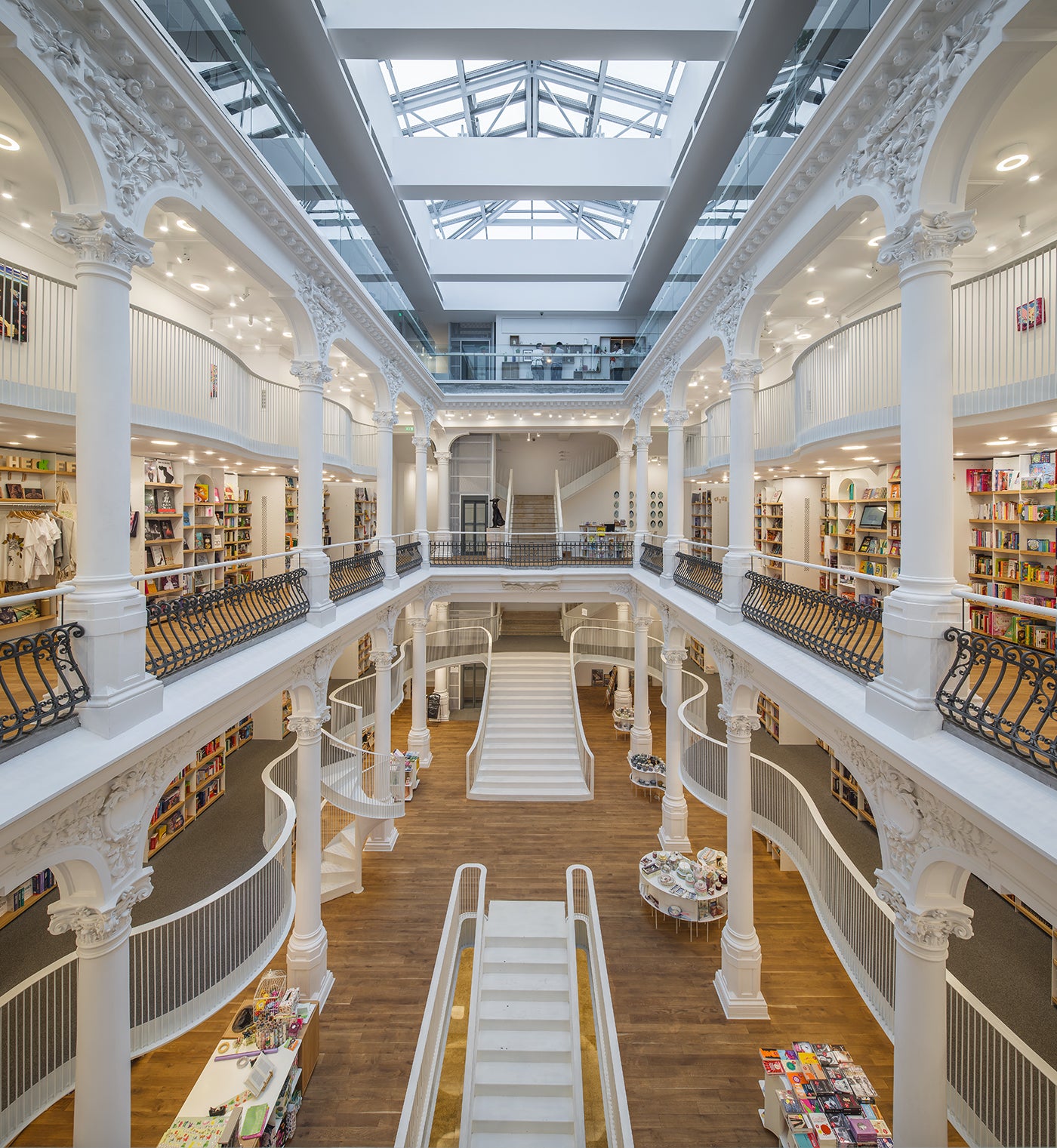
To coincide with this year’s Indiebookday and our forthcoming title Do You Read Me?, we delve into Juergen Boos, director of the Frankfurt Book Fair, interruption of bookstores and publishing as featured in the book's preface.
“The wonderful thing about bookstores is that there’s not a single country in the world in which they’re simply there to sell books. Their function is not restricted to merely serving the market—you won’t find any booksellers who have geared their business solely towards economic success. They’re not driven by money, but by their own attitude. In the process, they make a real contribution towards preserving cultural diversity, actively committed as they are to freedom of expression, which comes coupled with a concern for equal opportunities and tolerance, rather than catering to elitist circles. There are few other places that offer visitors a similar atmosphere in such abundance."
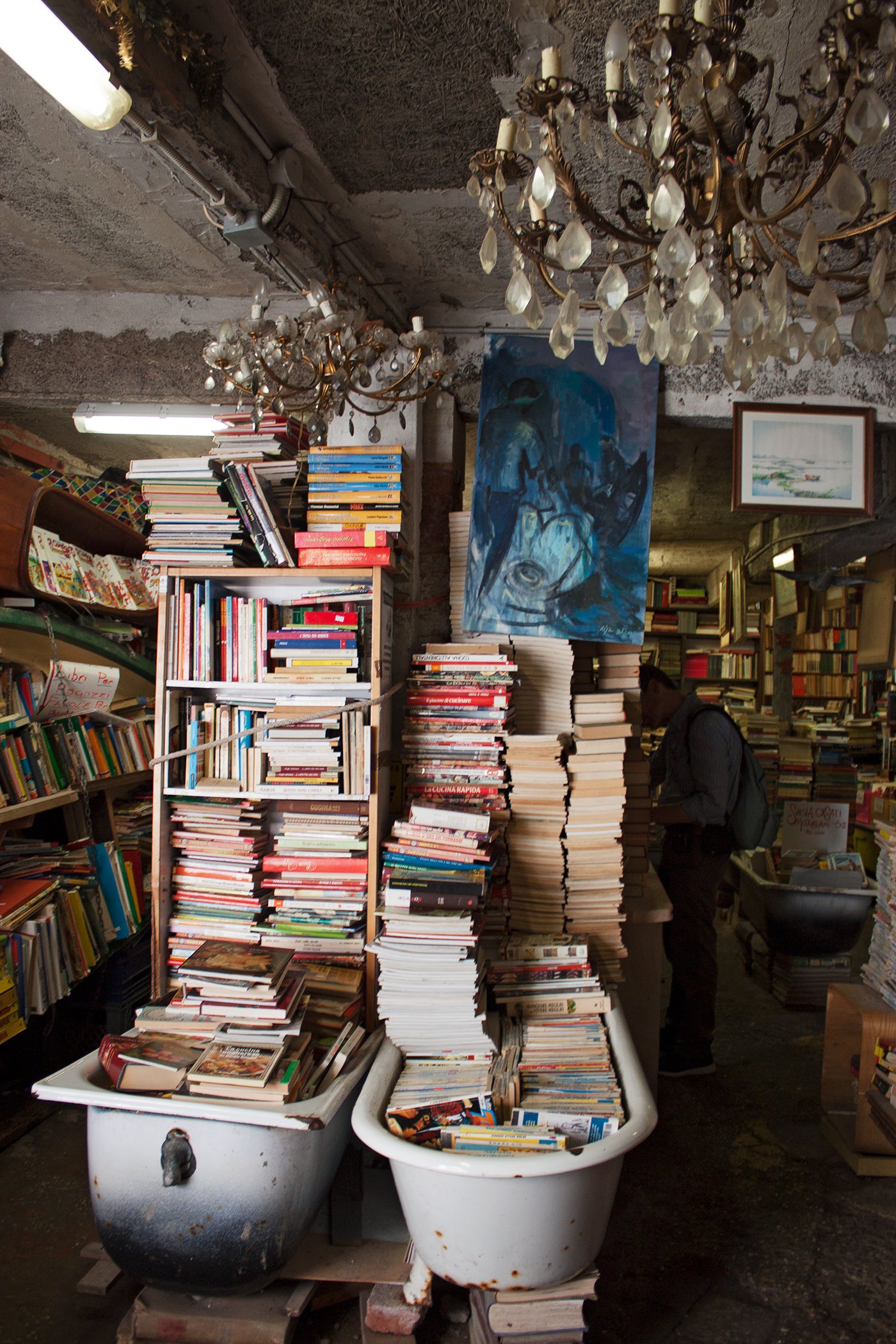
"Bookstores are places of communication, curiosity, and the new, but they never lose sight of the past. What they do for us, and indeed the whole of society is easy to take for granted. Some people even contend that bookstores have lost their raison d’être due to the advance of digital technology. Yet booksellers, especially the independent ones, have only grown in creativity and confidence."
“Their concepts are coming under pressure because reading is in decline in industrial nations, but they are resisting that pressure with great resourcefulness. I come from a family of booksellers myself. My forebears founded the Poltier-Weeber bookstore in the border town of Lörrach. I also worked for several months as a bookseller during my training at the publishing house Herder Verlag, and, later, towards the end of my university studies, ran the Wagnersche Universitätsbuchhandlung Karl Zimmer in Freiburg. I have always associated bookselling with hard work, but also wonderful memories: chatting to customers, holding readings, and hosting evening events at which we presented our favorite books.”
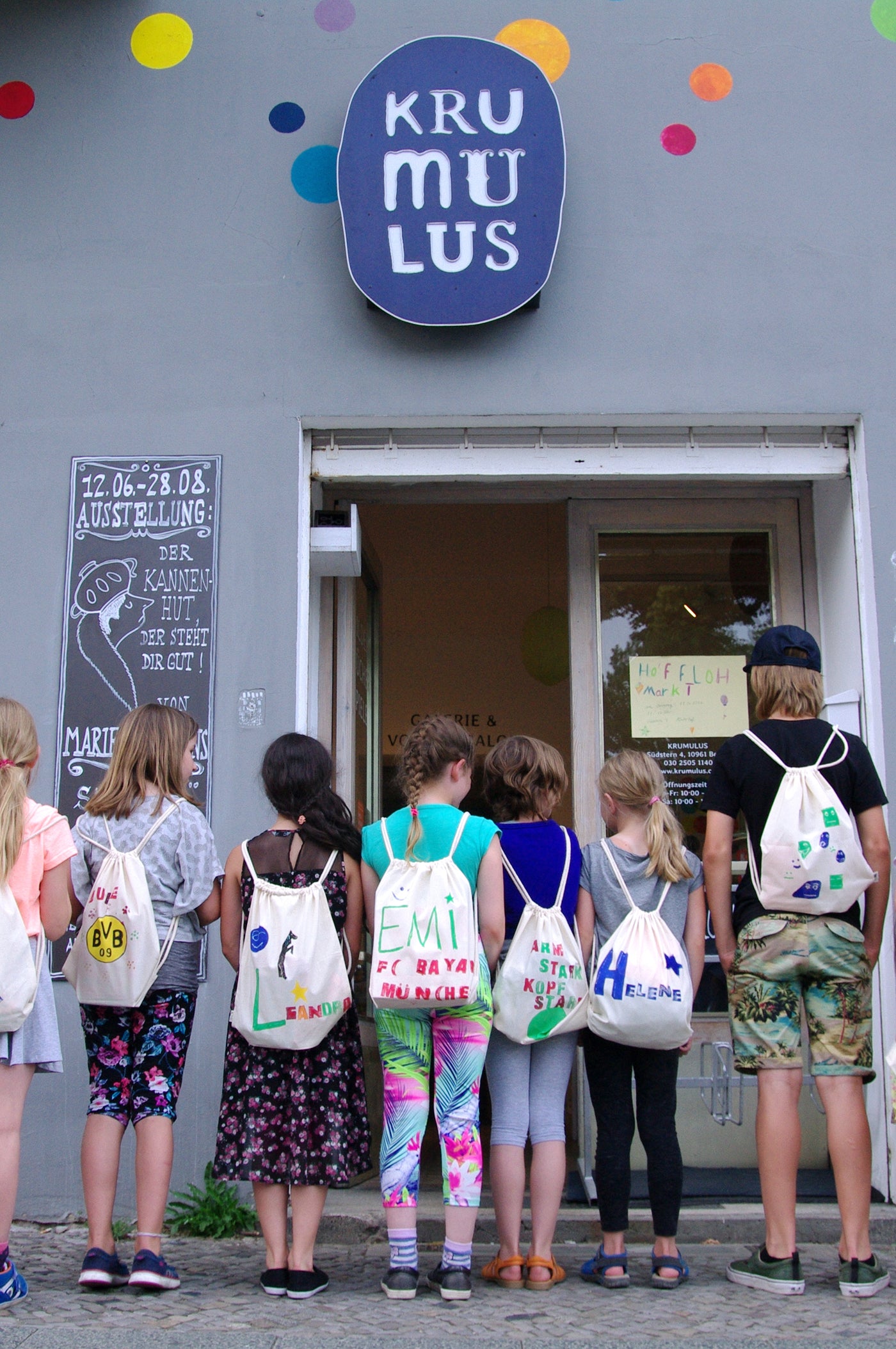
“Afterward, the books often bore red-wine stains where the audience had absentmindedly set their glasses down. The literary landscape would look very different today were it not for bookstores. This book is intended to celebrate the people who sell books with a passion, discover new voices, and uncover old treasures and make them available to the public. In other words, those who welcome the world into their stores. Come along—you’ll be glad you did!”
Find out more about Do You Read Me?, available across Europe from May 7 and America from June 9.
